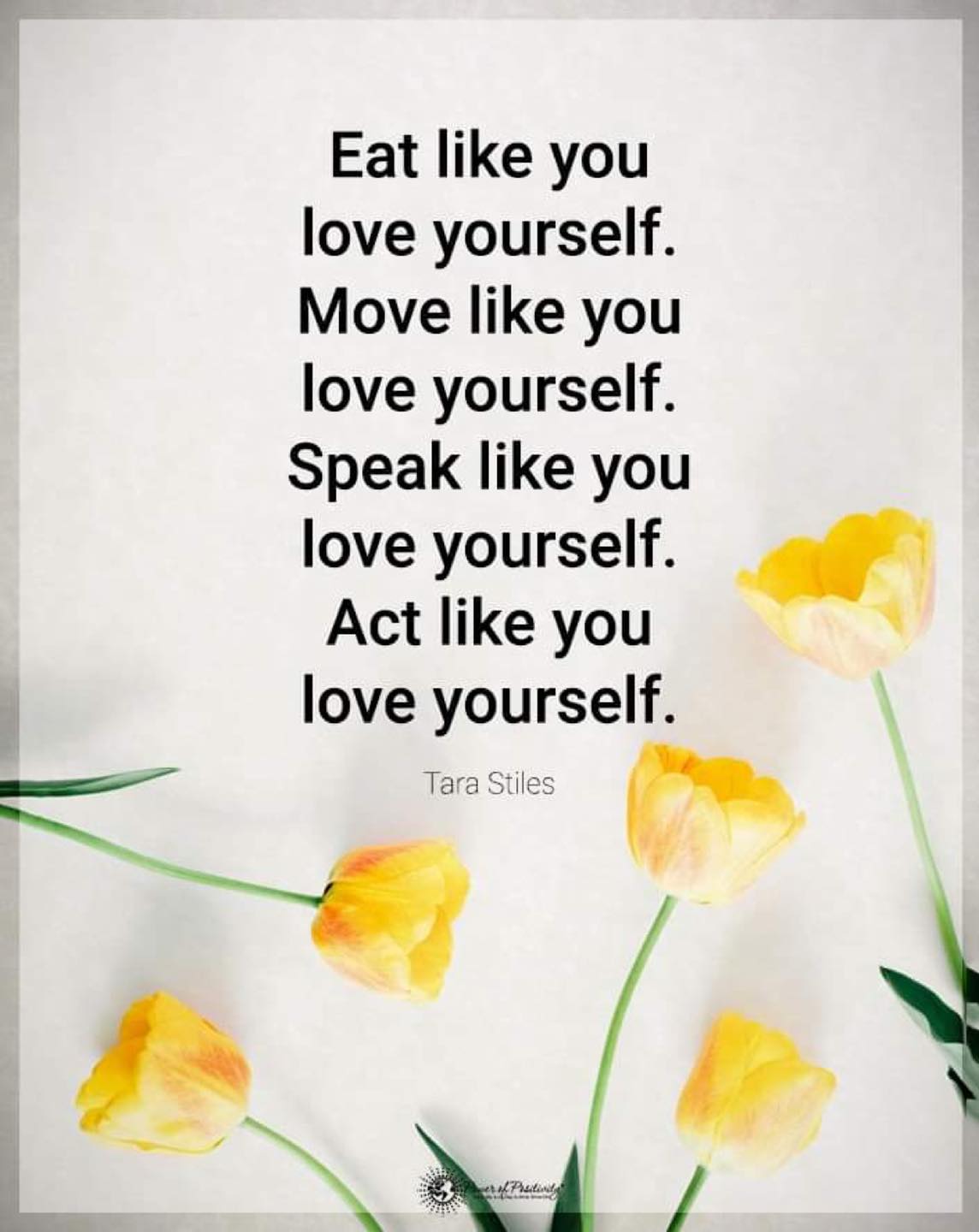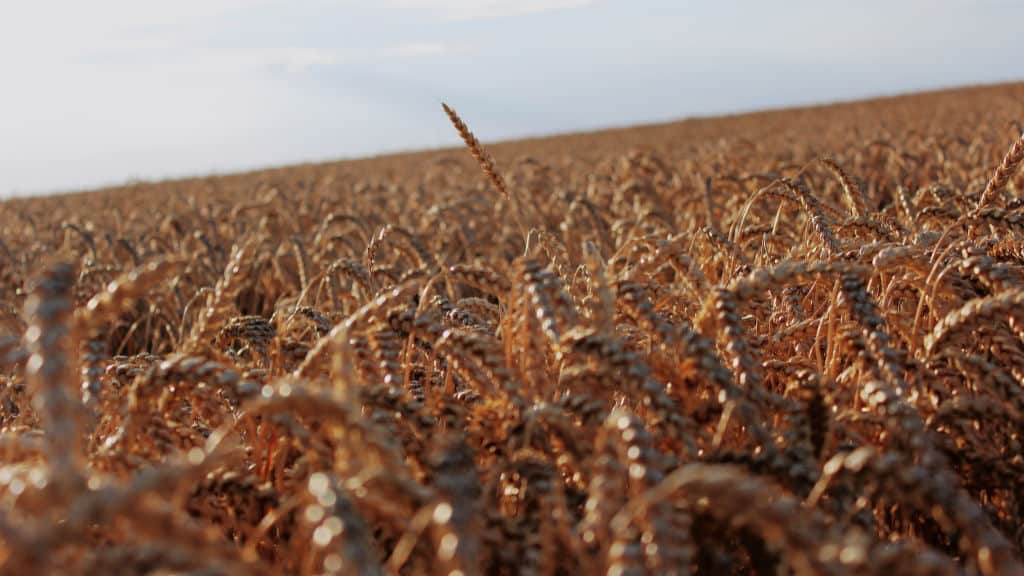Today, in the United States, there are about 3.1 million people who are following the guidelines of the gluten free diet. This number has drastically increased over the last few years. Researchers say that this number has tripled in the last ten years.
What Is Gluten?
People following a gluten-free diet must stay away from eating anything that has gluten in it. Gluten is a protein that is found in wheat, rye, and barley. The majority of things made in the United States are made with gluten so it can be a difficult thing to avoid if you are not careful about it.
While many people opt into the gluten-free diet in order to lose weight some people must follow this diet to prevent themselves from getting sick because of their allergy to gluten. These people have what is called celiac disease.
What Is Celiac Disease?
Who Has Celiac Disease?
Benefits Of A Gluten Free Diet
Some of the main benefits of a gluten-free diet include:
– Increased mood
– Less Acne
– Improved appearance of skin and nails
– Fewer gut and bowel issues
– Increased energy levels
– Decreased symptoms of Autism
– Decreased symptoms of epilepsy
Since gluten affects the digestion in your small intestine, avoiding gluten can have various effects on your bowel. People avoiding gluten often say that they do not have as many occurrences of diaherra, constipation, or pain. For many people stopping these unwanted things is enough to get them started on a gluten free diet. Those with irritable bowel syndrome often give this diet a try because it tends to help their symptoms. If you decide to go on a gluten-free diet and find that these occurrences stop when you do not eat gluten you may want to talk to a doctor to see if you have Celiac disease. While there is no cure for this disease it may help some people better understand their body if they know that they do or do not have this disease.
Other reason to go GF
While there are numerous benefits to this diet, you should always be careful before starting a new diet. Just because it is a diet does not mean that it is completely healthy. You still have to watch what you eat and ensure that you are eating a balanced diet with a variety of different nutrients.
Typically, people who start this diet are more likely to lose weight because they are changing their diet and avoiding more of the fattening foods, like bread and desserts. People on this diet also tend to eat more vegetables and fruits because these foods are always gluten free. Weight loss can be one added benefit to this diet if you do it right.
Although there is not enough research done on the topic, many researchers have found that avoiding gluten can also help reduce the signs of autism. While there is no concrete proof of this many people who have autism are starting this diet to see if it helps.
Risks Of A Gluten Free Diet
Vitamin and Mineral Deficiencies
If you choose to follow this diet you may be putting yourself at risk for some nutrional deficiencies, like calcium, iron, folate, and fiber. Since you are avoiding certain foods that predominantly have these nutrients you may need to take supplements to ensure that you get all the nutrients that your body needs. It is always best to talk to a doctor before starting any new diet.
Following this diet prevents you from eating whole grains that are essential for heart health. Recent studies have found that those who eat this diet, without having Celiac disease, often have an increased risk of cardiovascular diseease. If you are choosing to follow this diet you still need to eat grains and some grains are gluten free, including quinoa, buckwheat, millet, and others.
Expense
Safe Foods That Are Gluten Free
If you are considering a gluten free diet you are likely trying to find new foods that you can eat that are gluten free. You likely already know you can eat all the fruits and vegetables you want since these items do not have gluten in them. You can also safely enjoy meats, nuts, and beans.
Like any allergy, you should always check with restaurants before ordering your food. Ask ahead if specific menu items contain gluten. If you have Celiac disease, you will likely have to be more careful and ensure that no gluten even came into contact with your food. If you are opting to follow this diet, but do not have the actual allergy, you can be a little more lenient when it comes to dining out.
Get Creative with Substitutes
Cutting out gluten is tricky. That is because we eat so many common foods that contain it. One of the most popular foods in the United States is pizza. If you are going gluten free you can try substituting a cauliflower pizza crust for a traditional crust. The great things about pizza are that while the crust changes the toppings can remain the same.
For most recipes that require flour, you can substitute the traditional flour for a gluten free flour that you can purchase in almost any grocery store. Since gluten free lifestyles are becoming more and more popular you can more easily find substitutions in the grocery store to help you with the process.
For example, if you enjoy fresh bread or soup you can purchase gluten free flour to make a loaf of bread or even gluten free noodles to put into your soup. You can substitute french fries for homemade fries that you make simply by cutting up and baking either yellow, russet potatoes or sweet potatoes. There are many alternatives available for people avoiding gluten.
One of the most difficult things for people on this diet must adjust to is dessert time. While you may not be able to eat as many cakes, brownies, or cookies as you once did you can enjoy their gluten free alternatives. You can still enjoy ice cream, jello, and pudding. This adjustment may after some people more than others but it is worth the change if you want to go gluten free.
Should You Go Gluten Free?
The key to any diet is to ensure that you are still eating a healthy, well-balanced diet. There are many advantages to eating gluten free. However, you have to be careful to ensure that you do not get a vitamin or mineral deficiency because these can lead to other negative side effects.
If you find yourself having gut and bowel issues, being more irritable than you would like, or feeling sick after eating certain meals you may have a gluten allergy or Celiac disease. Ask your doctor to test you for sensitivities. And, ask him or her to recommend the best diet for you..
Not interested in getting that allergy testing? You might still go gluten free to take advantage of the many benefits that it offers.
Gluten free diets allow people to feel happier, have fewer gut issues, have more energy, can help you lose weight, and can help your nails grow longer. There are endless health benefits to avoiding gluten.

















